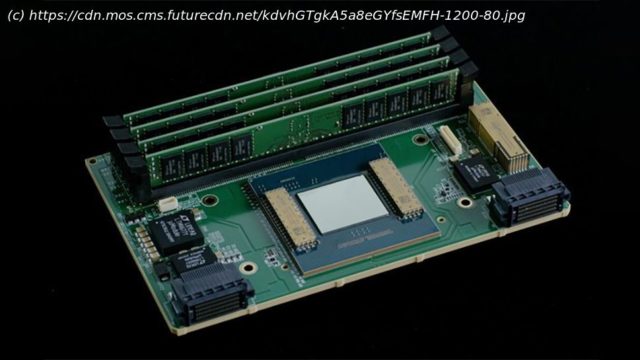MIPS IP available to Chinese companies without limits
Throughout its history, MIPS has changed hands and IPOed more than once. But, in a surprising turn of events, it has ended up under control of a Chinese company. As a result, Chinese companies may now license crucial processor architecture IP from the company and develop their SoCs for various purposes without any restrictions imposed by the U. S. Starting from 2018, the US government tightened restrictions on direct Chinese investments in the American startups in a bid not to let the Chinese control new technologies. In addition, select Chinese companies — most notably Huawei Technologies and its subsidiaries — were included in the US Department of Commerce Entity List, which required them to obtain a special license to access technologies developed in the US in general. This prevented Huawei and some others from working with multiple partners in the country. But apparently, as a result of a series of acquisitions and licensing agreements, the Chinese high-tech companies can still access technologies developed by MIPS, one of the oldest CPU developers from California. MIPS Computer Systems was established in the early 1980s by a group of scientists from Stanford University, who worked on a project called Microprocessor without Interlocked Pipeline Stages (MIPS). The researchers successfully developed the MIPS architecture and various cores on its base and then licensed their technologies to other companies willing to design actual CPUs powered by MIPS. The company was quite successful from 1980s to 1992, when it was acquired by Silicon Graphics Inc to develop in-house CPUs and offer higher performance than it was possible with off-the-shelf offerings from competitors. SGI spun off MIPS in 1998, the company went public and continued with its licensing business model. While not as successful as Arm, MIPS licensed its cores to a wide range of companies, creating chips for an equally wide range of applications.
Домой
United States
USA — software Here's how Huawei and other Chinese firms could access crucial CPU technology...






